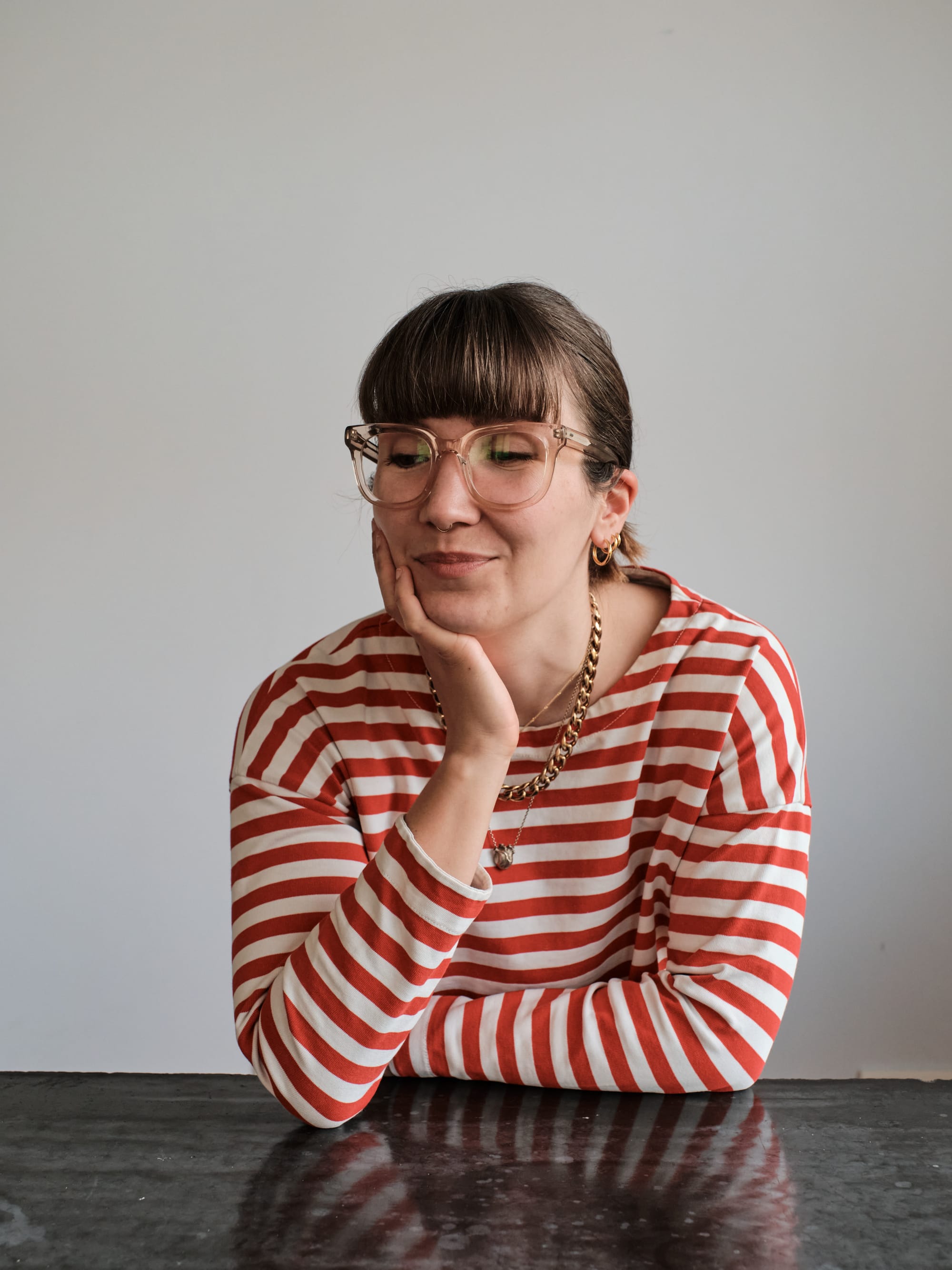Habit vs routine
it doesn't have to be so hard!

Habits are having a moment. Science and influencers agree: small actions, done often enough, can add up to big results. It's the ultimate way to stop spending your limited willpower on things like journaling, working out, or meditating.
For creativity, a habitual practice can mean more drafts, more output, less fear of the blank page. It just happens! In theory, anyway.
Because what if you've tried already – a lot – and it just won't stick?
The science
Habits are automatic responses to a situation. Like when I'm hungry between meals (cue), so I have a snack (action). Or I'm bored (cue) so I pick up my phone (action). Habits solve an immediate problem — even if they're not the best longterm solution. They don't require deliberation, which is great. You probably have enough decisions to make.
Our reactions are mostly learned, whether you did so consciously or not. And this means habits can be built, changed and left behind, you just have to know how.
And sometimes, that means taking a different path than what most advice suggests. For example – I have ADHD. It makes me a bit more impulsive, more distractible, and more drawn to novelty than most people. I don’t have many fixed daily cues, and I don’t mind changing plans last minute. The key to consistency for me is being aware of that, and finding other, external ways to automate what I do.
Let me introduce you to habit’s less sexy cousin: routine.
The magic is repetition, not habit
To build a new habit, it first needs to be a routine – a deliberately, regular action.
Habit is running because I crave it. Routine is deliberately creating the conditions where running happens – again and again.
A routine can develop into a habit over time. When you've experienced a situation, performed an action, and enjoyed the reward of it often, immediately and strongly enough, you might start craving it.
Or your routine can stay a deliberate effort. Maybe your life just doesn’t have enough strong, natural cues built in. Maybe you don't experience immediate or strong enough rewards.
Like planning and going to the gym, because you know it’s important, even if you're too busy and it feels like a chore.
Design your life around it
Routine takes more effort than habit — at first. You might need to experiment. You might have to organise your life a bit differently.
But I promise it gets easier, and with one routine in place, you can build on it.
I make it easy by creating my own cues: I book workouts ahead of time, and put them in my calendar. That way I plan other activities around them, and don't need to decide anything when the day comes. I write my morning pages straight out of bed, before anything else can distract me. Maybe you can steal the first ten minutes of work time – nobody can tell if you're writing an email or a novel.
I make it fun by using tools I like, tracking progress and complimenting myself on it. I light a candle, cue up a good playlist, take a class, or go hunt for inspiration. I make an effort to do stuff I enjoy, and sometimes that means sacrificing progress for novelty.
I make it matter to both myself and others. I've peer pressured myself into all sorts of things by arranging to do it with others. I can't bear the shame of cancelling, so I make it out the door often enough that it eventually sticks. And look at me writing this every week, knowing that you're reading!
Lastly I plan for the bad days – you'd always find a way to feed your cat. What is the smallest, most accessible version you can do that keeps you going? A sentence on your phone instead of three paper pages? A little stretch instead of the gym? Set the bar so low that it feels easy to keep going, and easy to come back.
It's not for how long, but how often
If you want to start flossing, you can't make up for a missed week with a full hour on Sunday. An ultramarathon once a month is not a workout routine (and frankly I'd need another month off after).
You have to do before you can do better.
And it may feel silly to do one minute of anything, especially if you at some point used to be Good™️ at it. But trust the process. It adds up.
The magic really is in regular practice – not habits. Make it easy, make it your own, and keep coming back.

Nora Mihle Asklund is the writer, musician and ex-Patreon lead behind Break Something Studio – a kitchen party on the internet for people who make stuff. She helps creators stay weird, brave and stubborn enough to keep going. Find more of her thoughts and experiments at breaksomething.studio or on Instagram @breaksomethingstudio.

